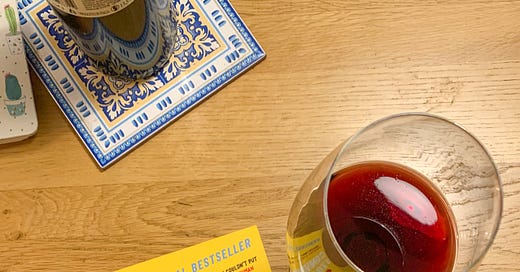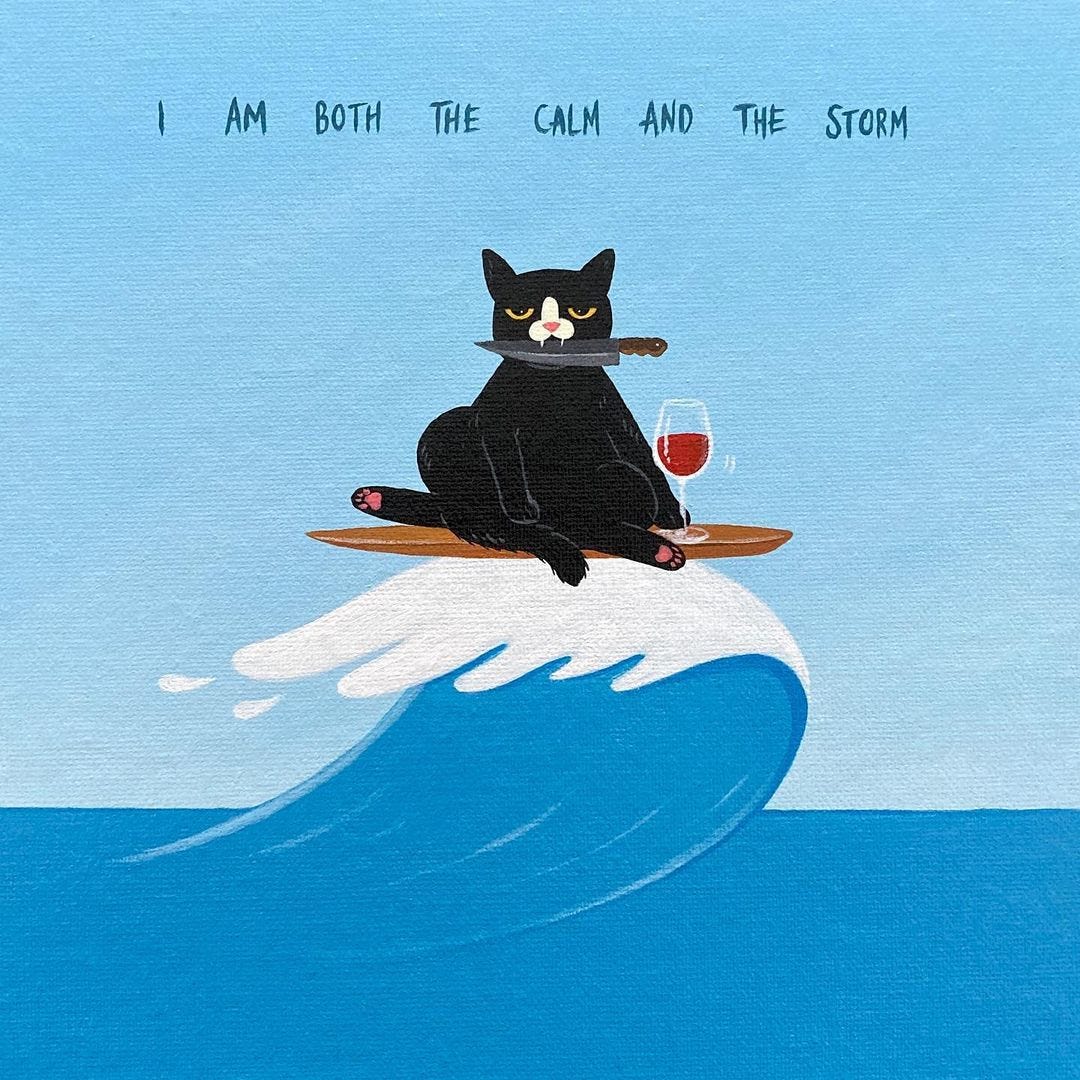Hi readers, how are you? Is anyone doing January in Japan? I’m not actually sure who started this particular reading challenge but I love the idea! At The FBC Paris, translated literature is kind of a big deal and as Electric Lit wrote in 2019, There’s More to Japanese Literature than Haruki Murakami. I think this article would be a great place to start if you’re new to Japanese authors, as well as the januaryinjapan hashtag on Instagram. I have my eye on Shadow Life, discovered via @baoandbooks, and Strange Weather in Tokyo.
January Book Club
When it comes to Annie Ernaux, there’s much for me to learn about the woman and her writing. She was born to working-class parents in 1940. Her first time away from home came at the age of 18, when she worked as a monitor on a children’s holiday camp. This experience would later become A Girl’s Story / Mémoire de fille, which directly precedes the events that take place in Happening.
She worked within education for most of her career, first as a secondary school teacher, then at the Centre for Distance Education. Her first novel was published in 1974 but it was only in 2000 that she began to write full time. Her most well-known work, The Years, was published in 2008. She is divorced, has two sons, and lives in Cergy. Voilà, this is information provided on her website but I didn’t know any of it.
Well worth a read: this New Yorker article that explores Annie Ernaux’s talents as a memoirist and provides some fascinating insights into the woman. I’ve read it through once but will be re-reading. For now, this part has stayed with me:
“Central to her work is an awareness that the most intimate moments of life are always governed by the circumstances in which they occur—that probing the personal will also involve investigating the historical. This is clearest in “Happening” (2000), an account of an abortion Ernaux had in 1963.
In typical Ernaux fashion, she reads over her old diary to compare what she still remembers with what she experienced at the time: To convey my predicament, I never resorted to descriptive terms or expressions such as “I’m expecting,” “pregnant” or “pregnancy.” They endorsed a future event that would never materialize. There was no point naming something that I was planning to get rid of. In my diary I would write, “it” or “that thing,” only once “pregnant.”
Writing from a very different future, she is struck by her own “euphemisms and understatements.” The pages of a diary are, ostensibly, the safest, most honest record of a self—and yet even here Ernaux sees her internal narrative being shaped by external pressures, such as laws. Her most private experiences, she sees, were not really her own at all.
This made me stop and reflect on my experience with abortion, which coincided with my arrival in Paris. Fear not, there will be no future memoir from me, but only now do I feel comfortable acknowledging the loneliness, fear and shame that I felt at the time.
Join the waitlist for in-person book club.
Join the virtual session.
Discover Annie Ernaux’s translated titles at Fitzcarraldo Editions.
Currently…
Reading: I finished Kitchen by Banana Yoshimoto, which felt like a nice intro to her writing style. I also re-read Convenience Store Woman by Sayaka Murata and think the translation by Ginny Tapley Takemore is excellent. Up next is The Patriarchs (non-fiction) by Angela Saini, which a bookseller friend kindly put into my hands.
Listening to: I finished Sweet Bobby and sweet Jesus, it was a trip. Great investigative journalism about an extreme case of cat-fishing in the UK and a twist that I did not see coming. This week, I listened to a podcast episode (in French) about abortion in France. The invited guest is a sexologist and psychologist, and she provides a wealth of information on abortion (past and present) from a French perspective.
Until next week,
Lou
Follow @thefbcparis on Instagram
If there’s something you’d like to go in the newsletter: thefbcparis@gmail.com
Listen to the podcast




